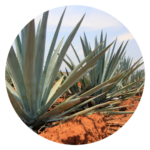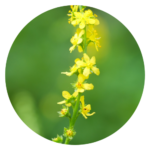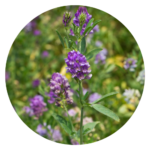Agave | Agave spp.
Agave sap calms skin and mucous membranes, offers anti-inflammatory and demulcent benefits, and aids digestion. Its syrup is a low-glycemic sweetener. Use topically or sparingly, as raw sap can irritate the gut and interact with medications.




